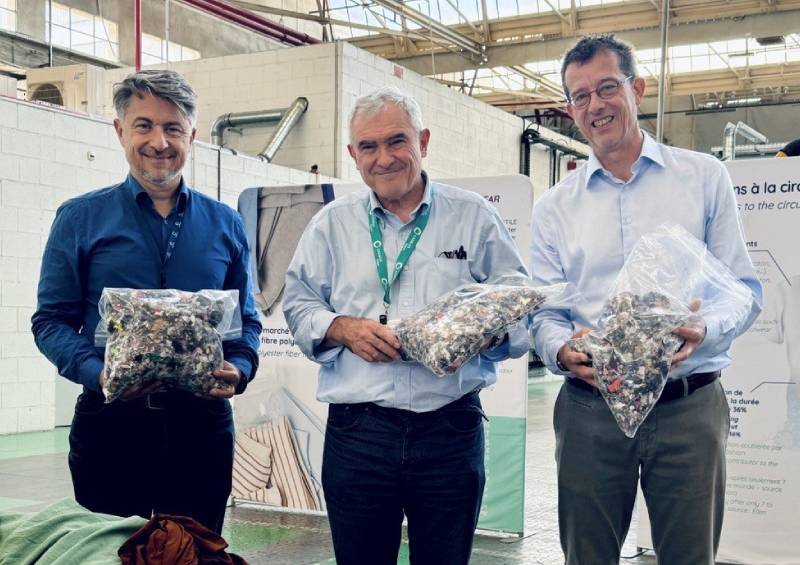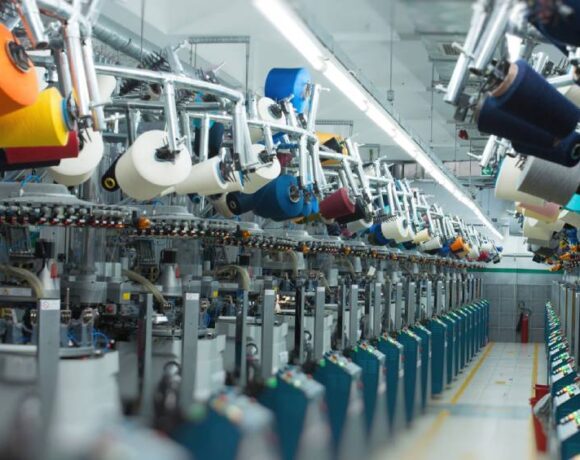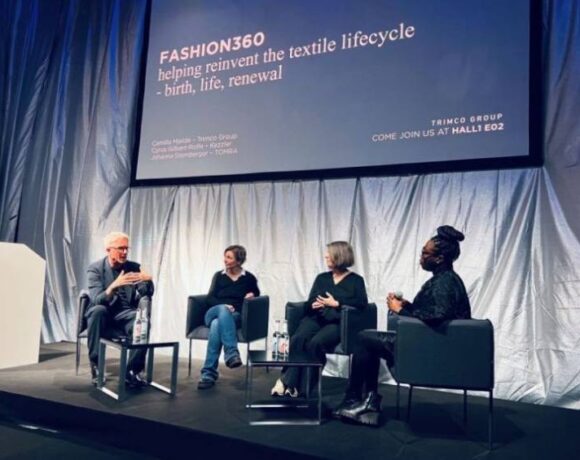CARBIOS And Nouvelles Fibres Textiles Partner For Polyester Recycling

CARBIOS, a pioneer in biological technologies for plastic and textile recycling, and Nouvelles Fibres Textiles, a specialist in recovering end-of-life textiles, have signed a Memorandum of Understanding to supply polyester textiles to the first PET biorecycling plant in Longlaville, France. This collaboration will utilize CARBIOS’ enzymatic depolymerization technology to recycle 5,000 tons of used polyester textiles annually over five years starting from 2026. This initiative demonstrates a strong commitment to achieving textile circularity for a more sustainable sector.
Nouvelles Fibres Textiles has established a semi-industrial site with an annual capacity of 1,000 tons, a precursor to a larger 20,000-to-30,000-ton unit planned for 2026. The site, which opened in November 2023, integrates expertise from Andritz Laroche, Pellenc ST, Synergie TLC, and Tissages de Charlieu. This facility transforms used textiles into high-quality raw materials for various industries by sorting them by composition and removing non-textile elements.
CARBIOS’ biorecycling technology uses enzymes to break down polyester fibers into basic components, which are then used to produce high-quality recycled PET materials for the textile industry. This “fiber-to-fiber” solution aims to make polyester a truly circular fiber on a large scale.
Emmanuel Ladent, CEO of CARBIOS, stated, “CARBIOS is not only a biotech company but also a key player in the textile industry. Collaborating with innovative companies like Nouvelles Fibres Textiles helps us create a truly circular economy for textiles. As with the packaging sector, large-scale polyester recycling will catalyze the development of collection and preparation infrastructures.”
Eric Boël and Etienne Wiroth, Co-directors of Nouvelles Fibres Textiles, added, “The textile industry exemplifies over-consumption. The circular economy is a powerful response, preserving resources and boosting local employment. New technologies like CARBIOS’ enzymatic depolymerization and automated sorting are overcoming obstacles to large-scale deployment. This collaboration exemplifies how the industry can benefit both people and the planet, from producer to consumer.”














